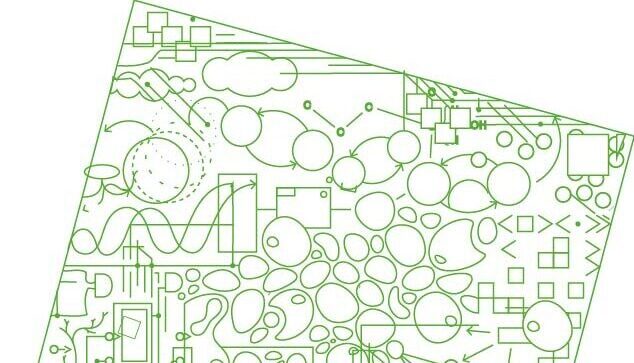
- This event has passed.
Instability and Complexity. On the Emergence of Late-Modern Science – Jan C. Schmidt

“Instability and Complexity. On the Emergence of Late-Modern Science” by Jan C. Schmidt (Darmstadt University of Applied Sciences)
Abstract
In my talk, I distinguish between compositional and dynamical complexity – in order to focus on the latter from the perspective of complex systems theory. Complex systems theory, including nonlinear dynamics, chaos-, self-organization- and catastrophe theory, fractal geometry, synergetics and dissipative structures is a fascinating field of scientific inquiry that spans many established disciplines. However, it poses challenging problems for scientific methodology as well as cultural guiding metaphysical assumptions, e.g., predictability, reproducibility, testability and describability/explainability. The common denominator of all of these challenges is instability — that is the main thesis. On the other hand, instabilities are not seen only in the negative sense. They turn out as a relevant factor of dynamical complexity and, in particular, as a source of growth, self-organization, pattern formation and of biological life. However, instability has long been neglected in the history of science. The talk will reconstruct the vibrant history of instability and show how the “dogma of stability” was replaced in the 20th century by a different view of nature and the sciences that includes instabilities – and thus, acknowledges dynamic complexity. This gradual shift within the culture of the sciences and the emergence of a new-late modern regime will be addressed. The late-modern regime does not replace the traditional, classical-modern regime, but complements and extends it.
Jan Cornelius Schmidt is physicist (Ph.D.) and philosopher (Habilitation). Since 2008 he has been Professor of Philosophy of Science and Technology at Darmstadt University of Applied Sciences. Previously, he was junior researcher and lecturer at the Institute of Physics, Mainz, as well as at the Center for Interdisciplinary Studies of Technology, Darmstadt, and Associate Professor for Philosophy of Technology at Georgia Tech, Atlanta. He was invited Guest and Stand-In-Professor at Universities in Jena, Klagenfurt and Vienna. Schmidt serves on the scientific advisory board of the Transdisciplinarity Net, Swiss Academies of Sciences, Berne, and he is member of the scientific advisory board of the Journal for Technology Assessment in Theory and Practice. His research interests encompass philosophy and history of science and technology; science and technology studies; technology assessment; science, engineering and sustainability ethics; concepts of inter- and transdisciplinarity; and complex systems, nonlinear dynamics, chaos and self-organization theories.
This event is part of our summer semester 2023 lecture series Complexity.

